News
What to Consider When Purchasing Life Insurance
Life insurance is a significant addition to your portfolio that help can protect your loved ones. And your beneficiaries if you unexpectedly pass away. While no amount of money can ease the grief of losing someone, life insurance can reduce the financial burden they may face. Let’s take a closer look at how life insurance works and what to consider when you shop for life insurance so you can make an informed decision before purchasing life insurance.
Retirement During COVID-19: What Has Changed?
While retirement is an exciting time, it can also be nerve-racking for many people. For some, living on a fixed income, coping with declining health, and dealing with the worry that they’ll outlive their savings is a concern. Unfortunately, retirement during COVID-19 has heightened risks.
Tax Deadline Extended to May 17th
Typically, you have until April 15th to file your taxes. This year, however, is different. In response to the pandemic, the IRS had the tax deadline extended to May 17th, 2021.
Why Are Interest Rates So Low?
There’s no denying that the Coronavirus pandemic has led to economic decline and uncertainty. As a result, the Federal Reserve has lowered interest rates.
What You Need to Know About the Continued Booming Housing Market
We’re in the middle of a global pandemic, so why booming housing market? After all, the economy is down, and countless Americans are struggling with their finances. After all, the economy is down, and countless Americans are struggling with their finances. Let’s take a closer look at several of the many reasons the housing market is so hot during these unprecedented times.
How to Prepare for Retirement in a Post-COVID Era
If the coronavirus pandemic has taken a toll on your finances, you may need to rethink your retirement strategy if you’ve lost your job, work part-time, or transitioned to a lower paying job. Here are some tips that may help you prepare for retirement and create a financially secure future in a post-COVID era.
Women and Retirement
When it comes to retirement, women can experience more challenges saving for retirement than men. Some of these challenges include leaving the workforce to care for children or other family members and lower pay or challenges in finding full-time employment.
Retirement Income Planning 101
When it comes to retirement and retirement income, you probably know that saving for it as early as possible is essential. This way, you can tap into the power of compound interest and build a healthy nest egg for your future.
How to Prepare for Tax Season
Tax season is fast approaching! If you’re hiring a Certified Public Accountant (CPA), accountant, or other tax professional to handle your taxes, you still have to do some work. It’s your responsibility to gather certain documents so that your tax pro has everything they need to file your return.
What To Know Before Moving Homes In Retirement
In the past year, many have spent more time in their homes than ever before. This has gotten some thinking about moving or a second home. Building your dream home for retirement is not an uncommon goal many Americans have. However, just because it’s a common dream doesn’t mean it’s an appropriate dream for a large portion of the population. Sure, you may have several hundred thousand or a couple million in your retirement accounts but you’ll still want to think before you build your retirement dream home.
Think Location
Three of the most important considerations to take into account before building a dream home are location, location and location. You’ll want to ask whether the location you’re looking to build on is an up-and-coming destination or one that’s had a downturn for several years. No one knows what the future will hold but a home in a desirable location is more likely to sell than one in a depressed area.
If your chosen destination, even if it’s near a beach or ski resort, has had stagnant or declining home prices for years, it’s a sign that it might not be a good place to build a home. Another concern would be the average length of time properties stay on the market in a given community. If there’s a low supply of houses and a short turnaround when they go on the market, your chosen location might be a good fit. If houses stay on the market for a year or more, it might be a good idea to look elsewhere.
Think About the Kids
Most people who retire want to spend time with their kids and grandchildren. This might make it seem like buying or building a dream home near the kids would be a good idea. Think again. People move for jobs every day. Sometimes, that move will be from one building across the street to another. Other job moves will require a move across a state or across the country.
Building a dream home close to your kids today does not guarantee it will be close to your kids five years from now. Additionally, dream homes tend to be on the upper end of the price scale and this can mean that they’ll sell less quickly than more affordable homes. Therefore, if your main reason for building a dream home is to be close to your children, it might pay to ponder the decision a bit longer.
Think About Cash Flow
No matter how big your nest egg happens to be, you always need to think about cash flow. This goes if you’re 30 years old or 60 years old. Overspending on a home is bad for cash flow whether you’re making $50,000 a year with no money in your nest egg or making $150,000 a year with $750,000 in your nest egg. If you have a nice chunk rolling in from a pension or Social Security, this might work in your favor for building your dream home. Keep in mind that you might want to downsize your dream home a bit to keep more cash working in your favor regardless of your current financial situation.
It’s also a good idea to remember that most people decline physically over time. This means that a multistory dream home will be less accessible in a few years. If you need to hire some help, that will put additional strain on your cash flow as well.
There’s nothing inherently wrong with building a dream home as long as you can afford it. However, there can be some pitfalls that come from building one for retirement. Most people will eventually have to downsize and having too much equity tied up in a home can make it more difficult to do so quickly. Taking all facets of building a new home into account is an important step to take before you ever sign on the dotted line to start your build.


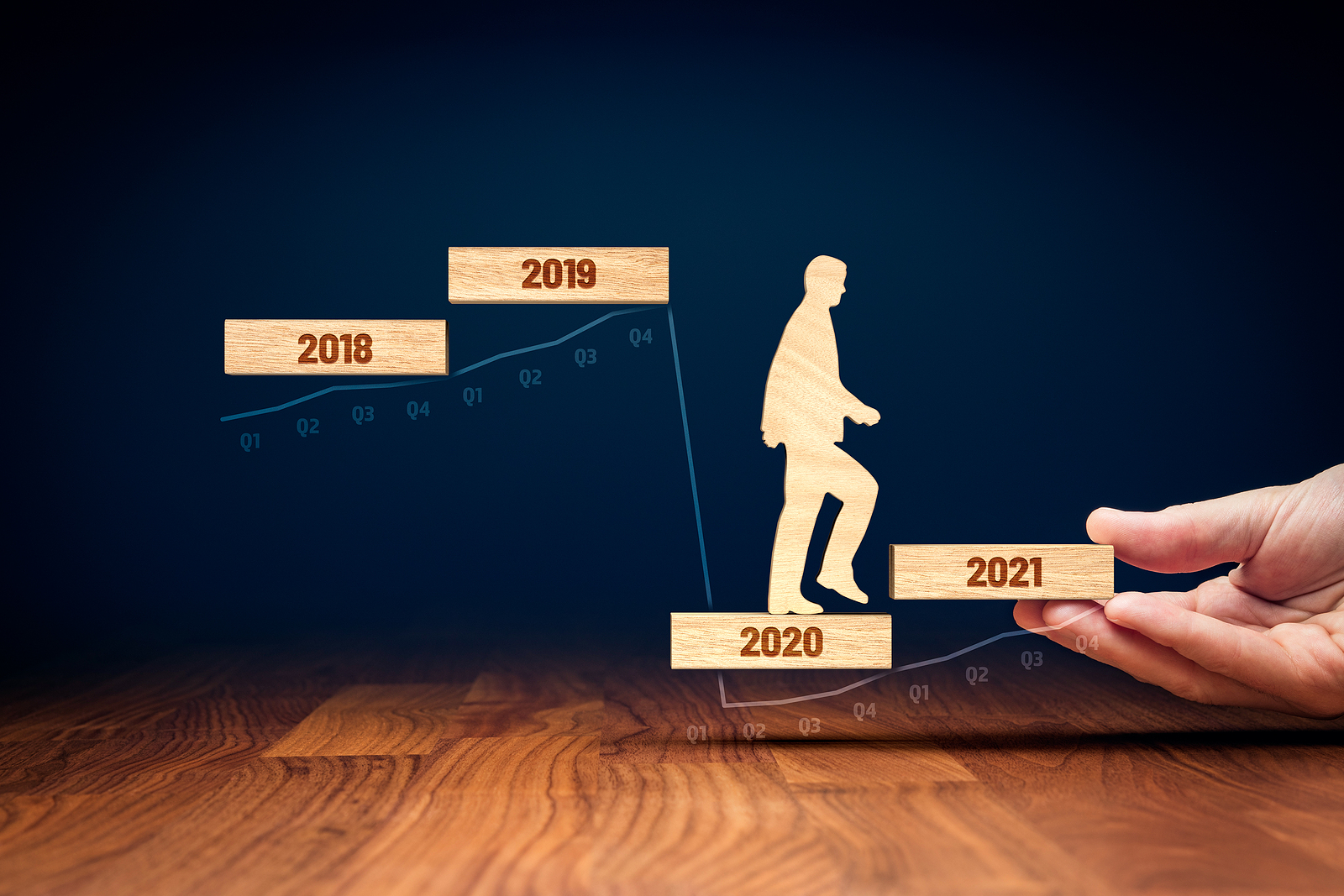
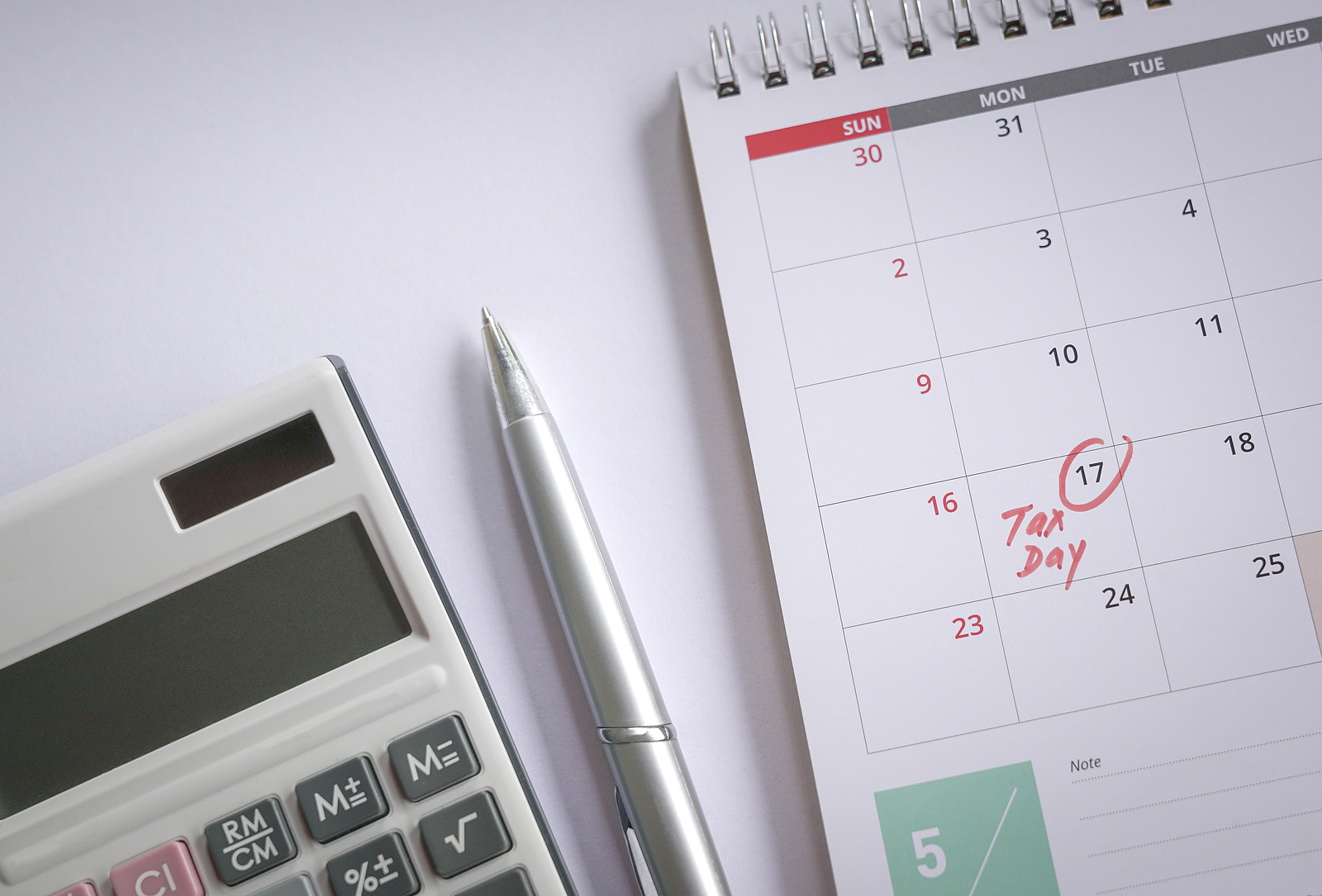

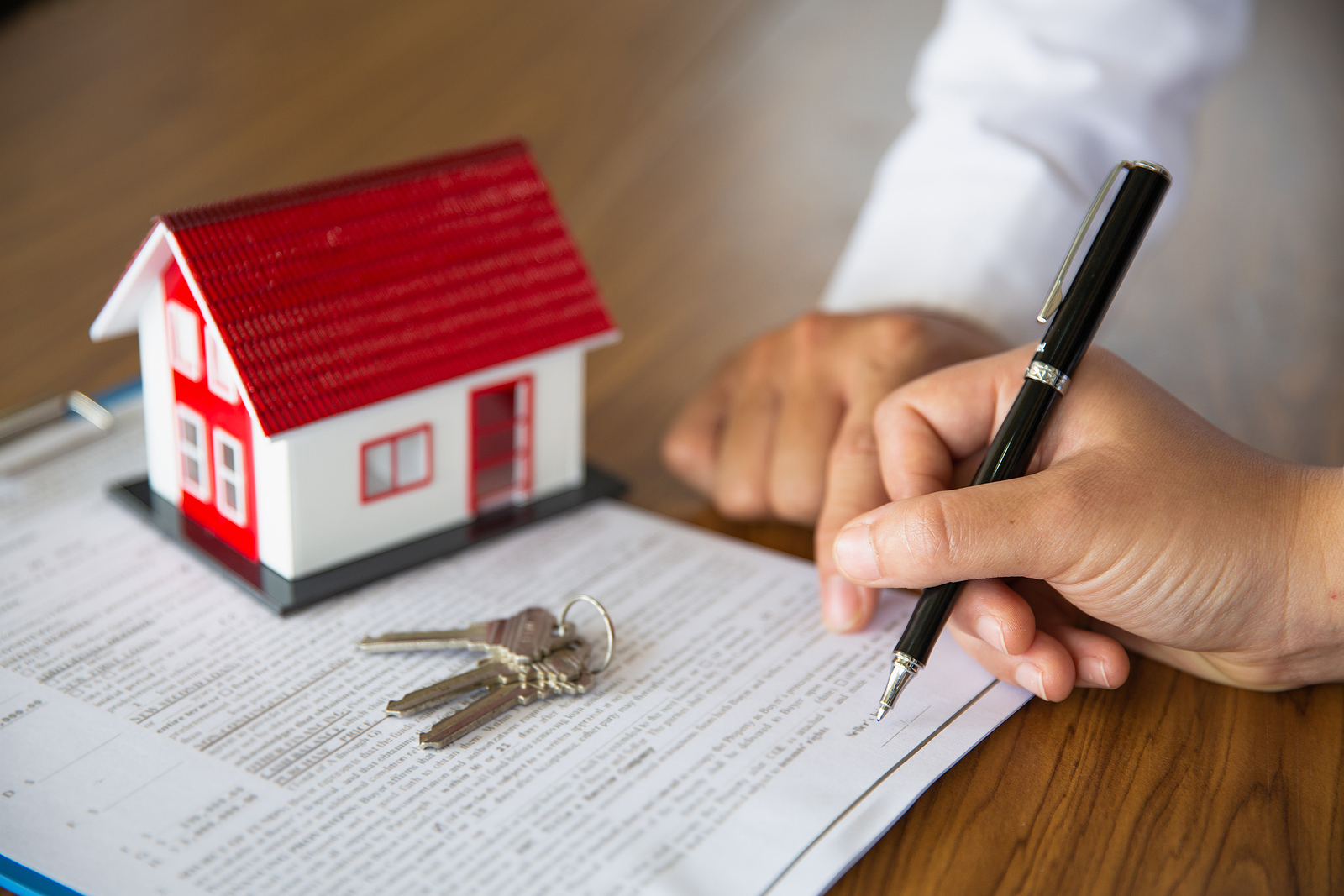


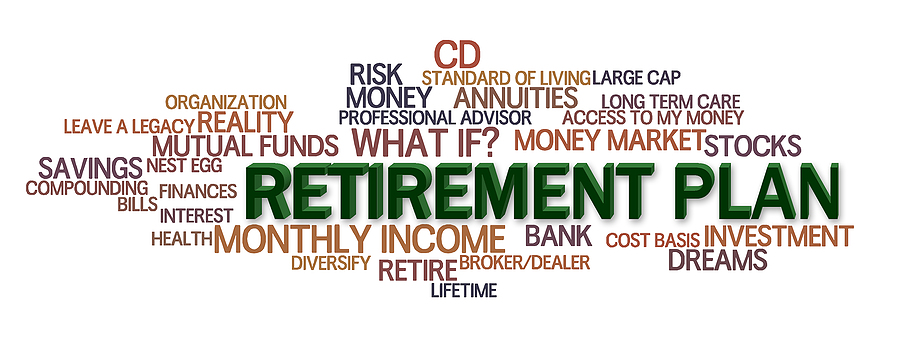
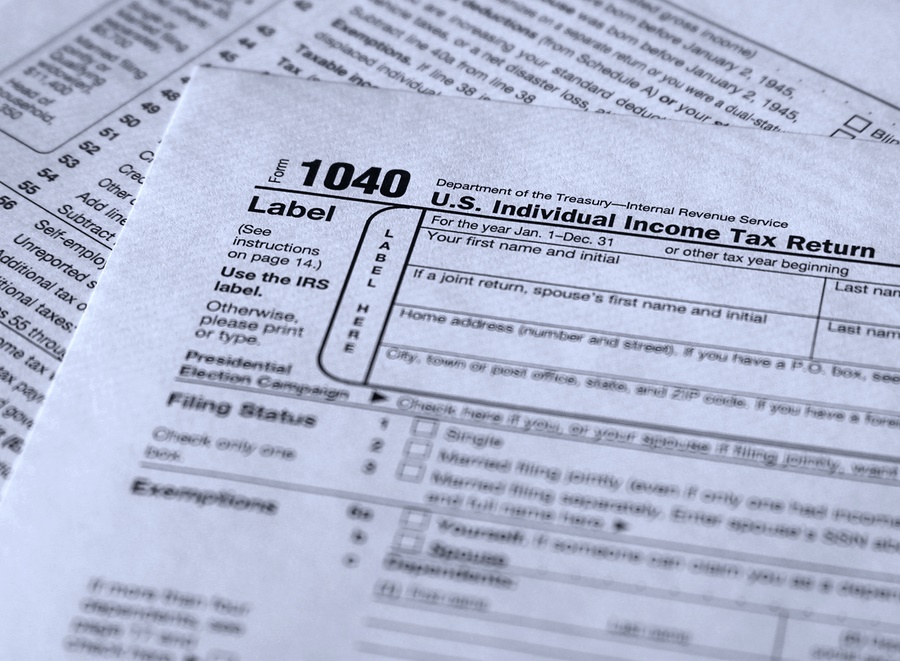
Recent Comments